Carrines Clifton | My Uterine & Breast Cancer Journey
Carrines is a uterine and breast cancer survivor who works as a cancer community advocate. Read on to learn more about her uterine & breast cancer journey and why she joined Count Me In, a patient-partnered cancer research initiative.
What is your cancer diagnosis story?
Carrines: Before I was diagnosed with cancer, I knew little to nothing about it. Cancer didn’t run in my family. I knew cancer was out there, but I hadn’t done any research on what it actually felt like because I personally felt very physically healthy.
When I was diagnosed I was 60 years old, coming into my birthday month of May. I had dealt with some back pain over the past few weeks, something I'd never experienced before. I asked my doctor about the pain at my routine physical, wondering if it was caused by extensive yoga stretching or some small injury. I even asked if my urine specimen was normal, thinking I might have had a UTI.
She told me that everything looked normal and to take a few Tylenol pills, but that she would go ahead and schedule me for my routine colonoscopy. The colonoscopy doctor suggested that I get a scan from the gynecologist for fibroids. After finding a gynecologist who took my insurance, I went in and explained my lower back pain. She ran every possible test for my symptoms, and everything came back completely normal. I literally begged her to try and see if it was something else. My mom and both of my sisters had to have hysterectomies for medical reasons, so maybe it was something related to that area causing my pain. Since I had a family history, she agreed to schedule me for a laparoscopic hysterectomy.
My surgery was scheduled to take an hour and a half at most, and would only leave me with two small cuts on my abdomen. I ended up being in surgery for over four hours. When the doctor viewed my abdomen with the camera, she found a huge mass hidden behind the uterine wall that hadn’t been picked up on any of my scans. I woke up from the surgery and my back pain was completely gone. The doctor visited me the next day, telling me “I found this mass and I’m sending it in for a biopsy.”
On Friday I had my surgery, and on Monday morning I received a call from my gynecologist’s office. Normally, I receive test results over the phone. This time, a nurse asked me to visit the office in person. When the physician entered the room, she went straight to her laptop. No eye contact. I knew something was wrong. “Ms. Clifton, I don’t know how to tell you this. It’s a surprise to all of us. The mass came back positive, you have uterine cancer.” This entire time my intuition kept telling me that something wasn’t right about that back pain, and now I had proof.
The doctor told me that my cancer was Stage II Uterine Cancer, and I just sat there quietly. After I was able to speak again, I looked at her and asked “All I need to know is if this is treatable.” She told me, yes, my cancer was treatable. That’s all I needed, I can handle it from there. She recommended an oncologist, and everything moved extremely quickly. I started chemo in August, just a few weeks after I healed from that July surgery.
Where are you on your cancer journey now? Does cancer continue to affect your daily life?
Carrines: I developed severe neuropathy in both hands and feet from chemo. I couldn't walk because my feet were so sensitive. I couldn’t return to my job as an administrative assistant, which came as a shock to me because I thought I would be able to bounce back to my former healthy self after chemo. Nope. I suffered from this neuropathy for five years, and then I developed breast cancer in 2021.
My breast cancer was discovered when a routine mammogram came back abnormal. An oncologist diagnosed me with Stage II Breast Cancer and I had to start another line of treatment. I had to go for more surgery, a lumpectomy, and then radiation. The next oncologist I was assigned to placed me on five years of the Letrozole pill to help keep the cancer from returning to either of my breasts.
At this point, cancer isn't affecting me daily but I still have it lingering in the back of my mind. The scanxiety that comes when I have to go for a mammogram or follow-up appointment is still there. But I refuse to let cancer overtake my daily life, no way.
Why do you want your cancer experience to count?
Carrines: I matter. Everyone matters. No matter what journey you are taking, you matter. You’re important enough. There is someone out there needing to hear your story, and the only way they can hear it is if you share it. Talking about cancer is not taboo anymore like it was back in the day.
I am thankful that joining Count Me In has given me a platform to be able to share my story with as many people as possible. People want to talk to other folks who have been through similar struggles. Joining Count Me In not only allowed my medical information to potentially make a difference in cancer research, but also connected me with a powerful community of cancer patients supporting one another.
Life, especially life after cancer, is like climbing a rope. I always want to go back and help lift up others who have been recently diagnosed. I couldn’t see myself not sharing my story, I’m like a chatty Kathy always reminding other women to keep tabs on their health. Reminding people to go get that routine pap smear and routine mammogram. Inviting people to participate in cancer research efforts like Count Me In. When your body is saying something’s not right, believe it, no matter how big or small it seems. You don’t know what could actually be going on internally, and the faster you gain that knowledge, the faster you’re able to take control of your own health or any potential diagnoses you may receive. The sooner you find the cause of what’s going on in your body, the better off you’ll be in the long run.
What motivational message do you have for others in the cancer community?
Carrines: I believe in faith. Faith whether it's on a small or a large level. I read in a book the sentence “Faith without works is dead.” This set off a lightbulb in my head. This meant to me that if I didn’t put my faith to work, it was just there. It’s not useful for anything. No matter where you are on your personal health journey, there are programs. There are resources. You just have to go out there and be your own advocate.
My motivational message is “I am resilient and can adapt to the changes in my life caused by cancer.” You’re going to go through a lot of life-changing events throughout your existence. You’re never the same person that you used to be. This was hard for me to accept, looking in the mirror and seeing a completely different person. Hair gone, eyebrows gone, everything on my body changed drastically. And not just the external changes, but the internal changes. Who is this person now that I’m looking at? I was such a vibrant person, and I was not feeling vibrant after cancer treatment.
It took work to find Carrines again. To find myself, want myself, accept that I deserve a life, and want that new version of life! I’m not stopping now, and I want others to be able to complete that same journey of growth.
You have to love yourself wholeheartedly. When life gives you lemons, make lemonade, but also stir some sweetness into it.
What word would you use to describe your cancer journey?
Carrines: Resilience. Congratulate yourself on your health and well-being because of what you’ve successfully gone through.
Count Me In is a nonprofit patient-partnered research program that aims to accelerate the pace of cancer research by collecting and analyzing comprehensive data from patients with cancer. The program is a collaborative effort between patients, caregivers, researchers, and clinicians. To join the Making It Count movement, visit JoinCountMeIn.org.


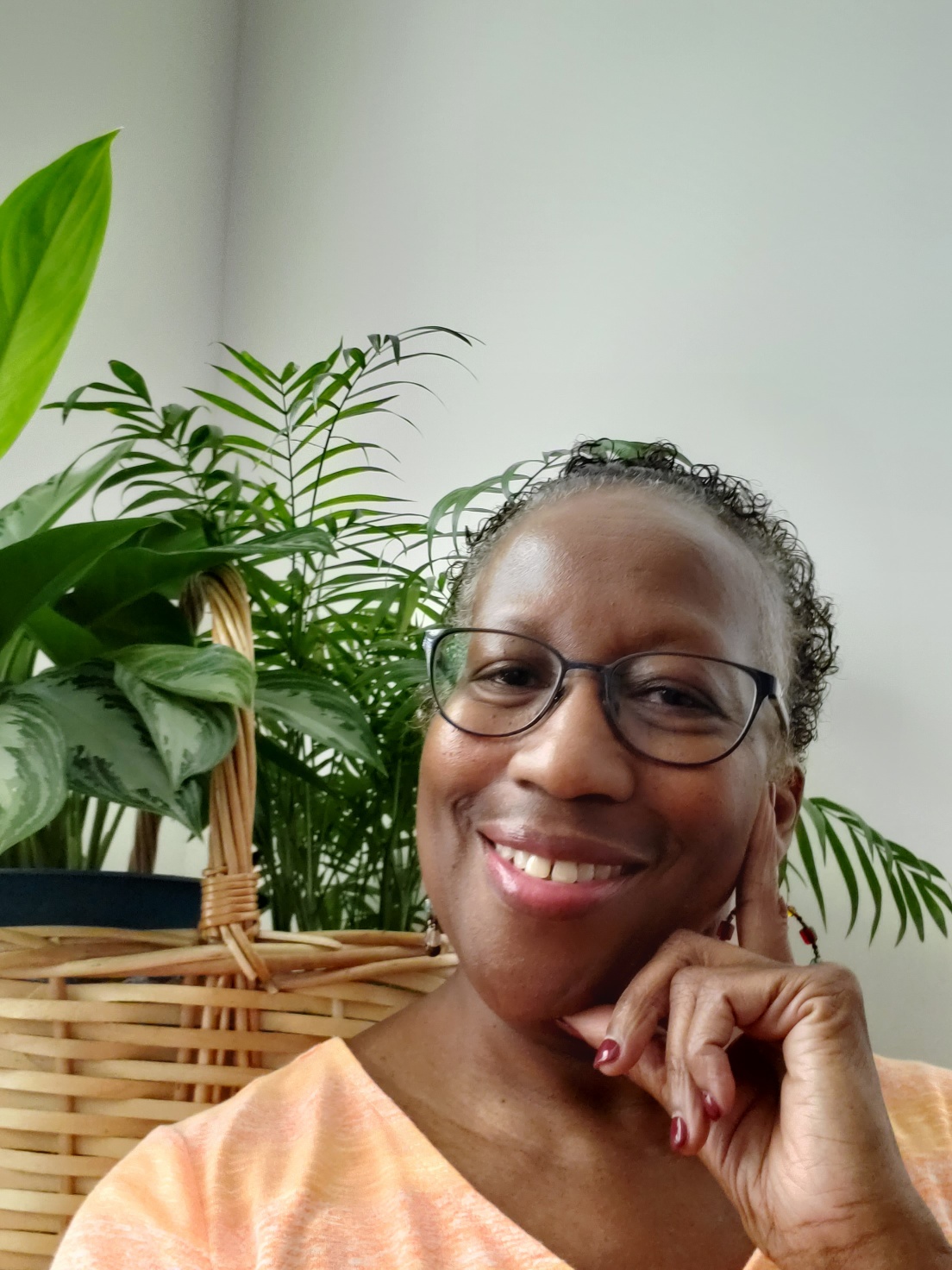
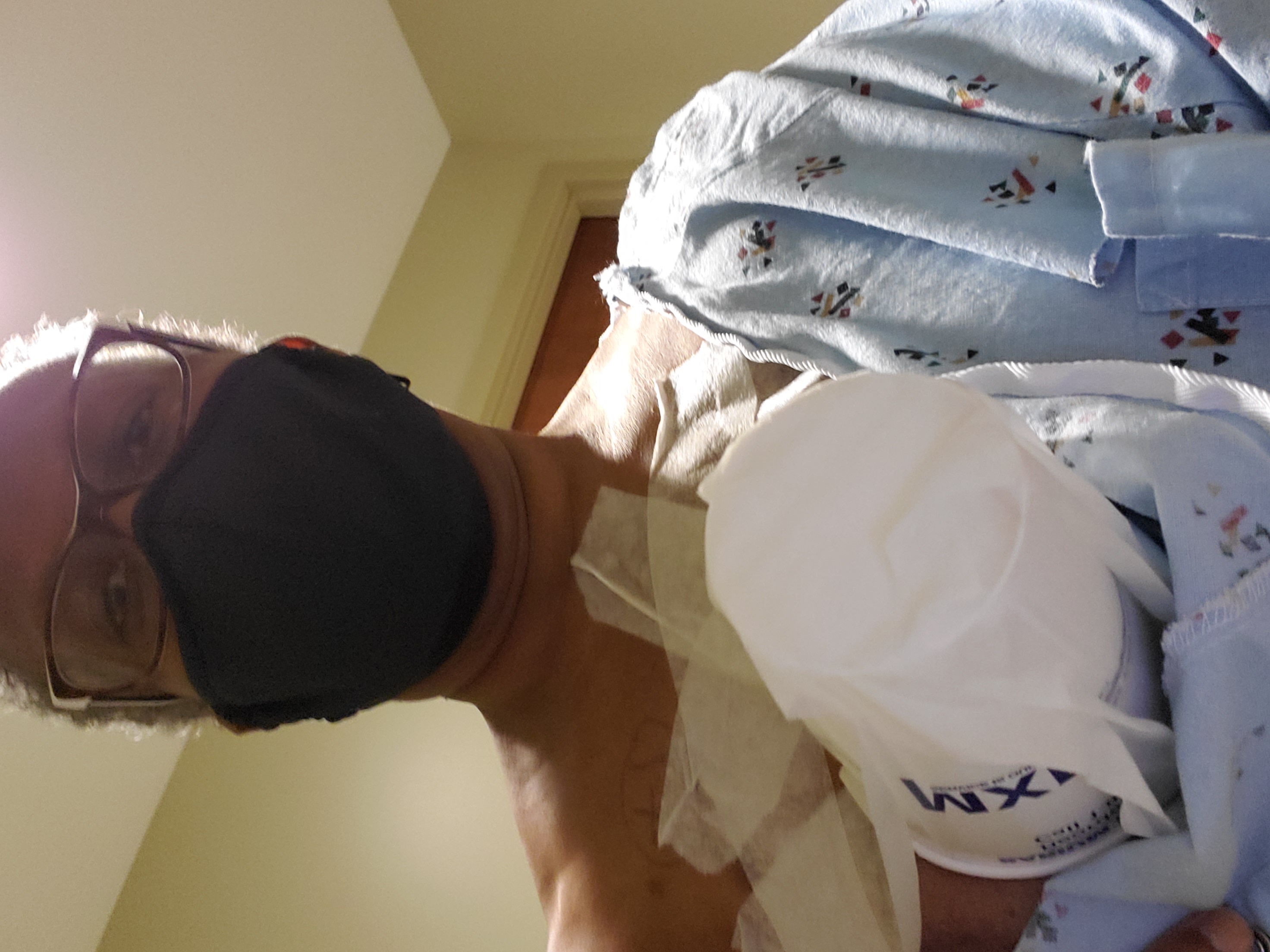
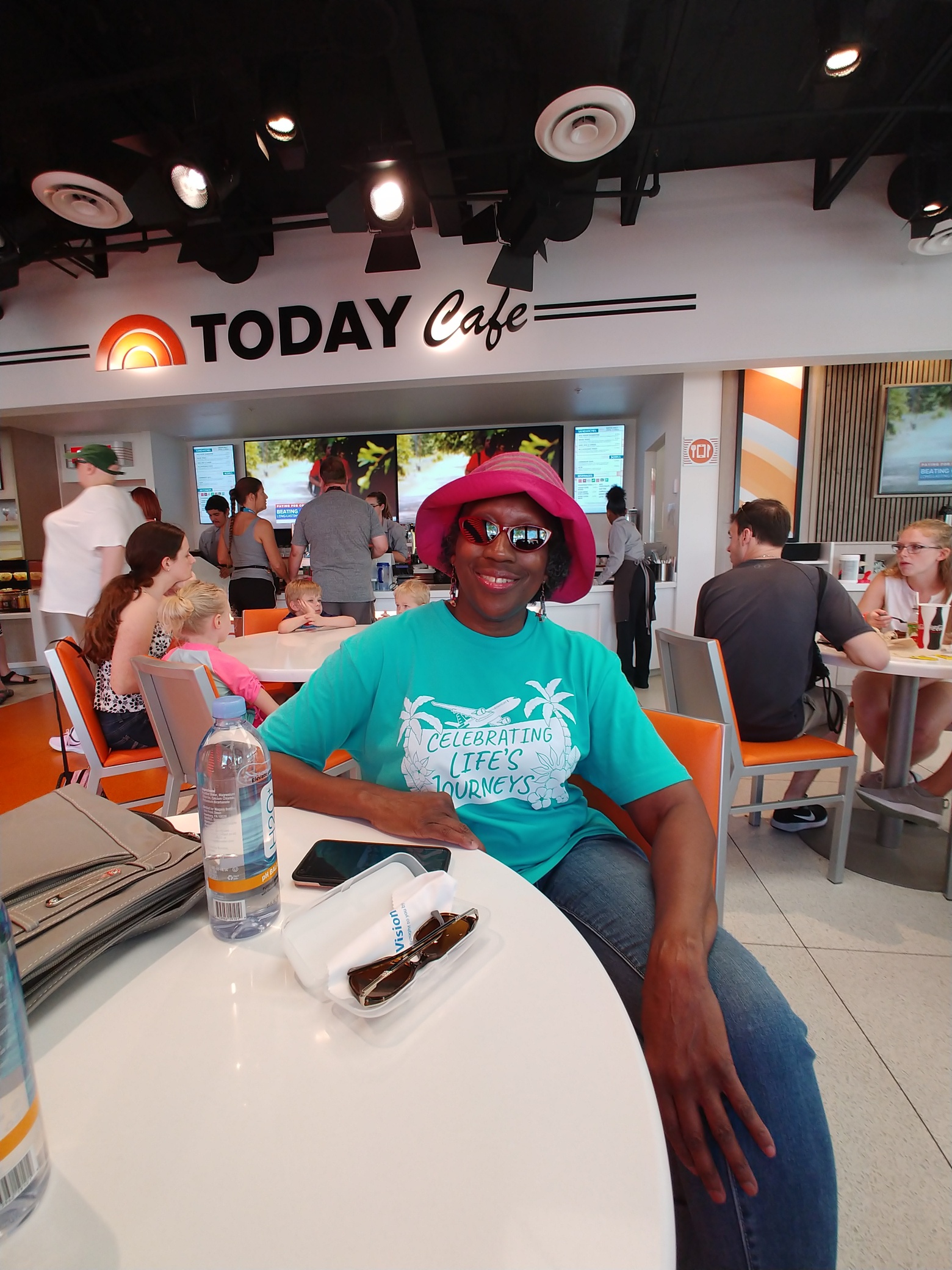
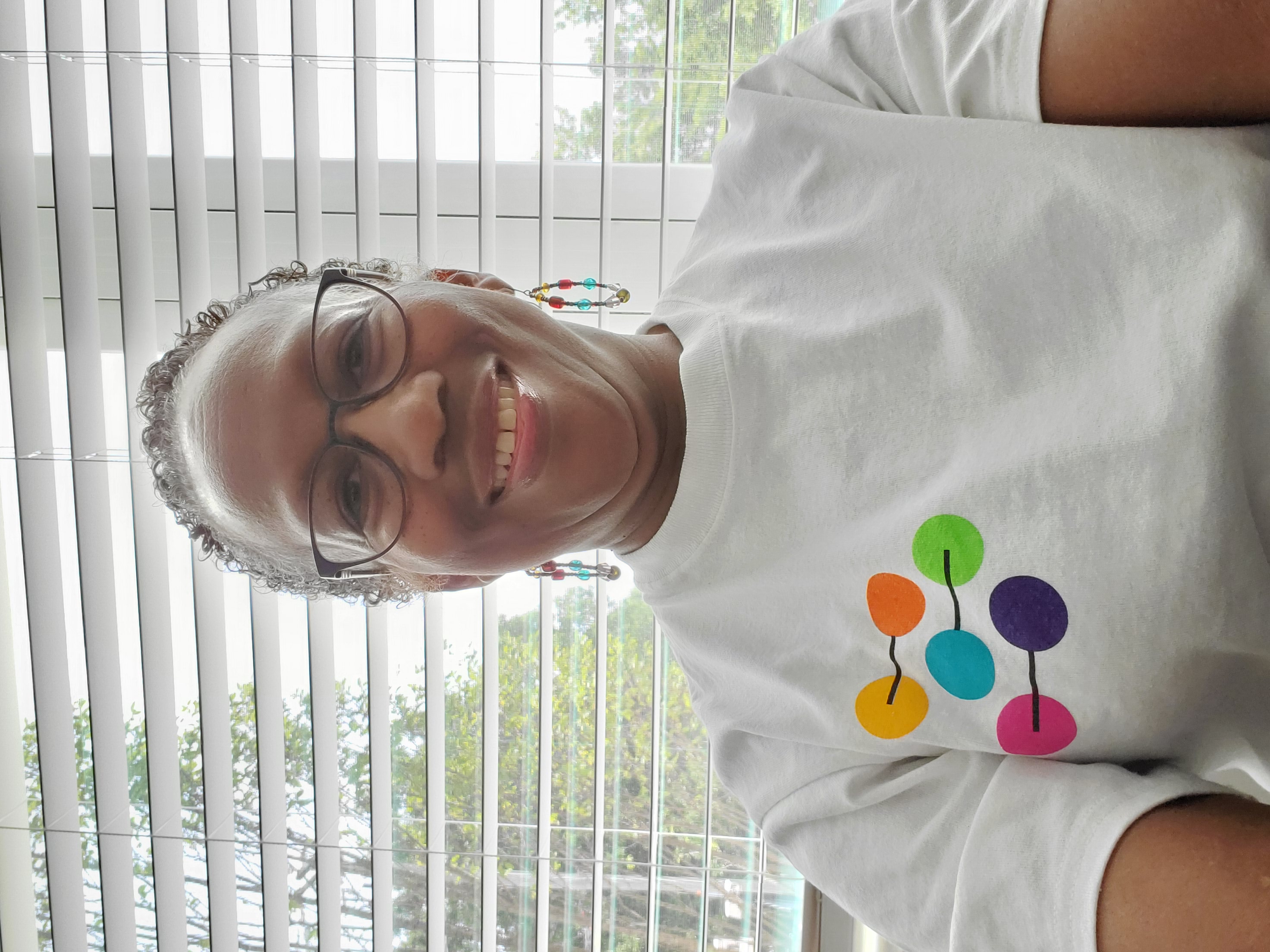
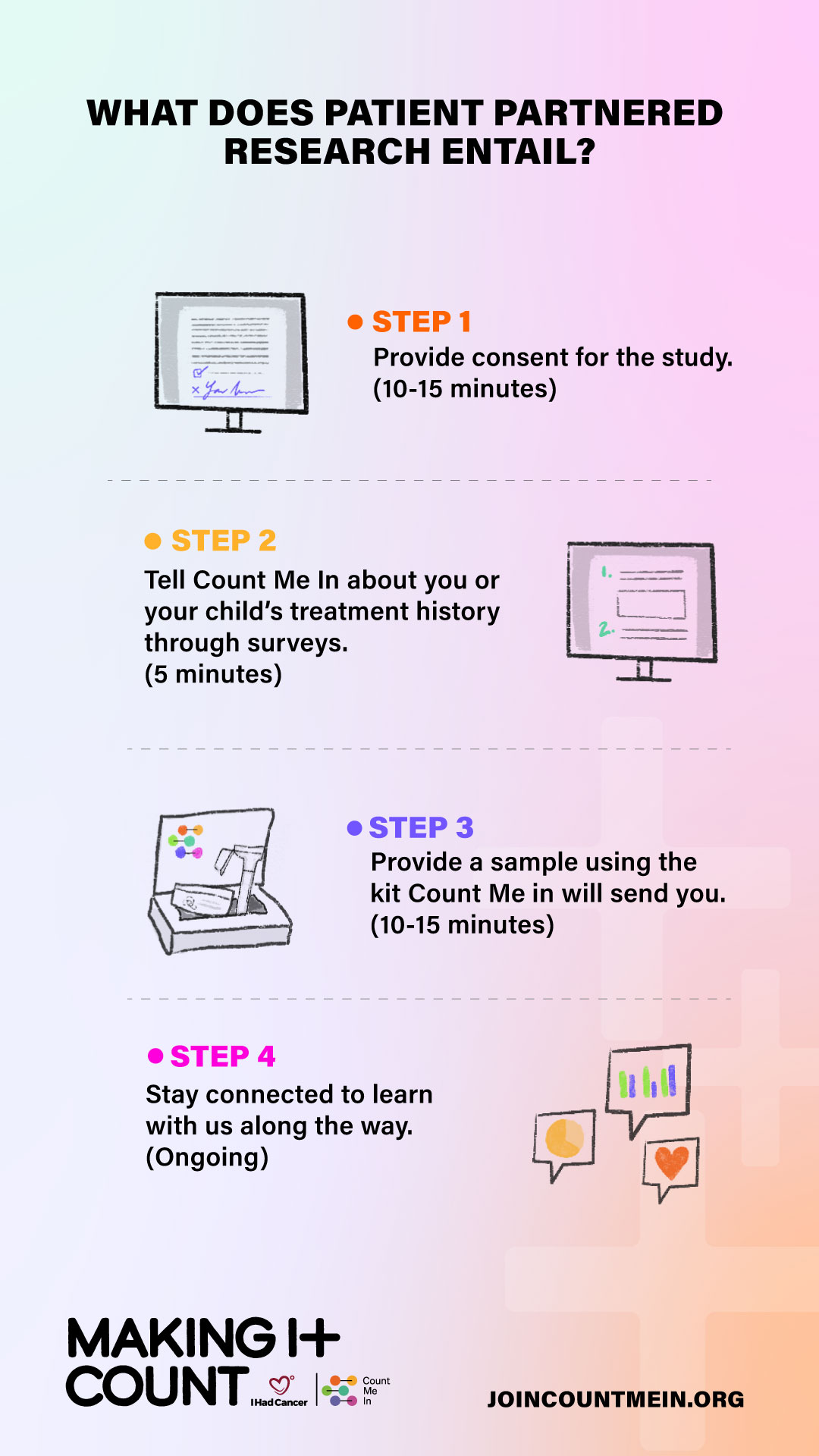






This was written by a Guest Writer for IHadCancer.